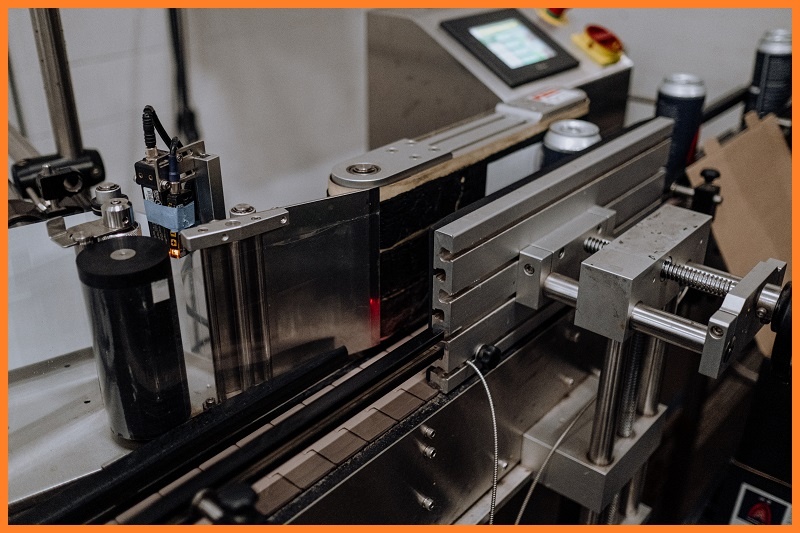
What Technology Is Impacting Manufacturing
Looking for a new way to get into the manufacturing business? If so, you can go down a few different paths. Starting your own business is one choice. You can also try to get a job at a company that already exists. No matter which way you go, if you want your business or career in this field to grow and thrive, you need to keep up with changes in technology. Here are four technologies that are changing the way things are made and will change how things work in the future.
3D Printing
Companies are going digital, so it’s not surprising that they want to join the revolution in manufacturing processes.
If you sell heavy equipment and machines, you need 3D printing for customization. Your business will be able to make prototypes and tools with the help of 3D printing, which will also help you move into a digital future.
Of course, this can be an expensive option, and for some businesses, it’s better to outsource this work to specialty prototype manufacturing companies instead.
Virtual Reality
Virtual reality is the most effective technique to demonstrate the look of your product, service, or concept. Offering a computer simulation of a possible project, on the other hand, may not be enough when you can take the individual through an immersive experience that allows them to view all angles and aspects in real-time.
With a complete 360-degree perspective of the present, future, and past in virtual reality, you can soar around a building to see how it looks from every perspective or go back in time to see how your ancestors used to spend their days. The possibilities are endless.
This also allows teams distributed across various nations or even continents to have meetings using VR headsets without being physically present in the same location.
AI And Machine Learning
Your company operations can be improved by using machine learning and artificial intelligence in manufacturing.
In artificial intelligence, a subfield known as “machine learning” aims to train computers how to identify patterns, anticipate outcomes, and detect issues based on past experience rather than being explicitly coded for each job.
A machine-learning system is able to automatically alter these rules if they perform effectively for addressing an observable issue via the use of algorithms, which are sets of rules regarding how to do certain jobs.
For example, AI can be programmed to detect anomalous behavior occurring too early in the life cycle (known as “premature failure”) and prescribe a maintenance plan when your production equipment begins malfunctioning and working inefficiently – perhaps owing to wear and tear.
Using AI-powered manufacturing equipment, you can minimize costly downtime by anticipating issues and making changes before they happen.
Big Data Analytics
Manufacturing is on the cusp of a major shift in the way it analyses and utilizes data. Manufacturers will be able to take full advantage of their immediate surroundings via the use of big data analytics by understanding how each employee influences manufacturing output and efficiency.
Aside from being environmentally friendly, these insights allow your organization to forecast when equipment will need to be repaired or replaced, allowing you to prevent expensive downtime.
The work of big data analysts is critical in the process of gleaning useful insights from the daily deluge of data generated by physical assets, human activities, and digital transactions.


